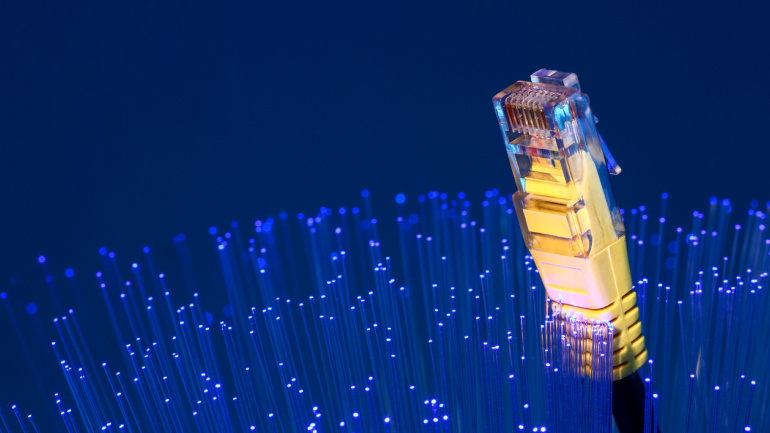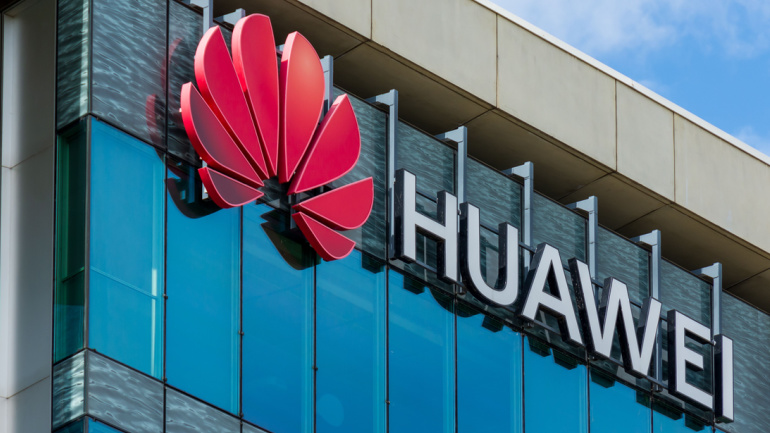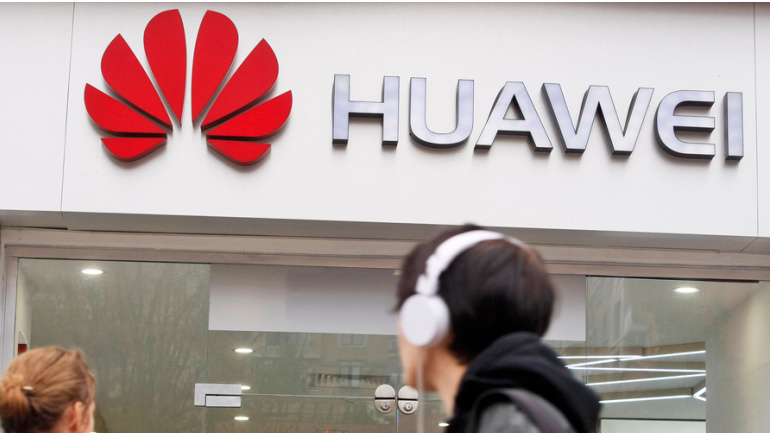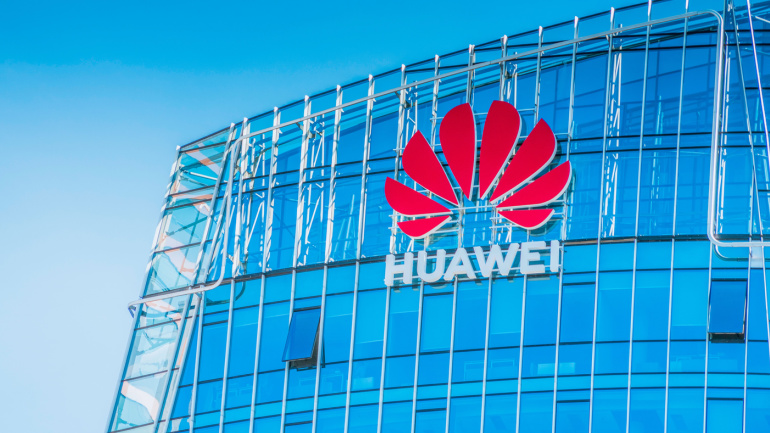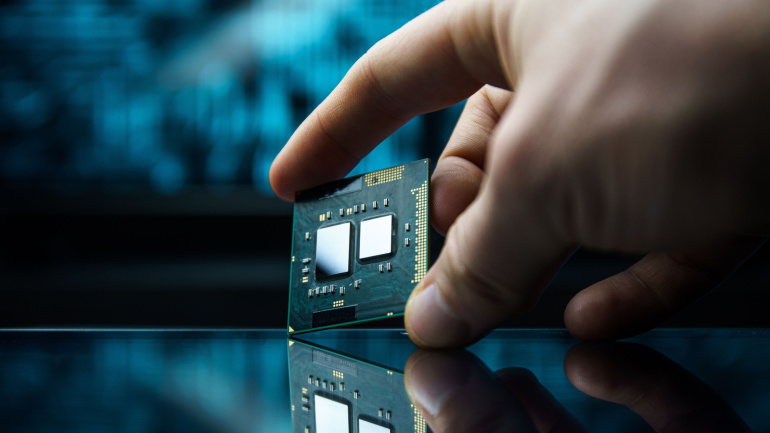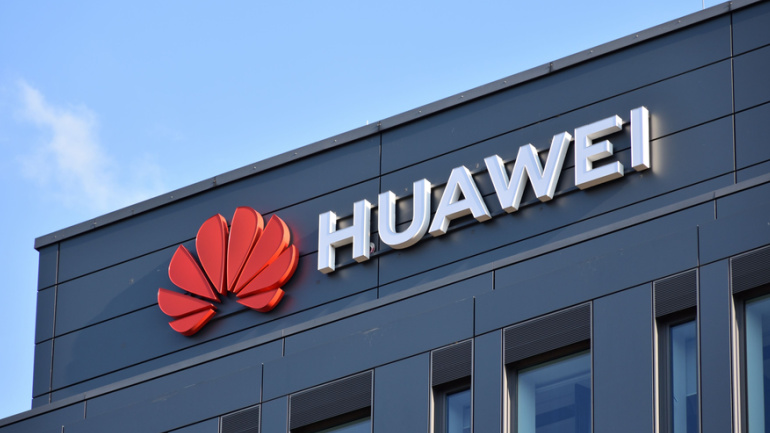At the European Conference on Optical Communication, Huawei’s cutting-edge FTTR solution solidified its standing as the industry leader by winning the Most Innovative PON/5G/FTTx Product Award. Catering to a wide range of users—from homes to small businesses—Huawei’s solution offers superior bandwidth, minimal latency, uninterrupted Wi-Fi connectivity, and self-management capabilities, making it a favorite among global broadband users and operators. Moreover, it’s built on a point-to-multipoint all-optical networking architecture, providing ultra-gigabit Wi-Fi networks. Remarkably, the FTTR rollout is efficient and aesthetically pleasing, using a unique self-adhesive transparent optical fiber with fast deployment times.
Huawei’s Richard Jin turned heads at UBBF 2023 with a keynote speech outlining a future-oriented, three-phase network construction plan. This innovative plan hinges on enhancing video experiences, improving network user experiences and integrating AI. By striving to transition from traditional copper lines to FTTH all-optical networks, it aims to ensure seamless video interactions. Subsequently, it intends to cater to increasing demand for diversified digital applications via gigabit services. The finale points towards an AI-integrated, all-optical computing plan aligned with F5.5G development, potentially revolutionizing current industry norms.
Huawei champions the development of 5.5G technology, anticipating significant steps in network infrastructure. Advocating for evolution and readiness, Huawei focuses on 5G-Advanced as a cornerstone of future telecom progression. However, global implementation poses challenges, with promising 5G speeds needing considerable network densification and negative trends in capital expenditure. As such, Huawei and other vendors are pivoting to cater to the enterprise market, favouring an immersive approach in changing market needs, instead of simply relying on network infrastructure investment.
As Malaysia deliberates on Huawei’s engagement in their projected second 5G network, international eyebrows are raised. Clamor for transparency grows louder as the telecom world anticipates waves of change from this decision’s rippling effects.
The recent signal disruptions experienced by Sky Mobile users in the UK have been linked to the government-mandated removal of Huawei equipment from the network, fuelling concerns over national security. Network operators have voiced scepticism, predicting significant disruption, increased expenses, and potential delay in the rollout of 5G infrastructure. Sky Mobile, however, assures compliance with the directive and minimal impact on their customers.
Huawei recently unveiled the groundbreaking Xinghe Network large model at the prestigious HUAWEI CONNECT 2023 event. An industry first, it paves the way for advanced network digitalization and enhanced industry intelligence. Harnessing the power of large-scale data and expert knowledge, this model heralds a new era in telecommunications, introducing exceptional features like multi-dimensional awareness, predictive capabilities, and optimized decision-making assistance. Its comprehensive advantages notably include proactive anomaly detection, enhanced application experience and proactive network security strategies.
In a collaboration with Bloomberg, Canadian company TechInsights racks the Huawei Mate 60 Pro under scrutiny, examining whether the covertly launched flagship phone can surpass the considerable limitations imposed on it by the US government.
Reports indicate covert Huawei involvement in the establishment of chip plants to bypass US export controls. These allegations stem from Huawei’s shift to predominantly Chinese suppliers due to trade restrictions, despite their struggle to match the performance of manufacturers like TSMC and Samsung. Amidst ongoing US-China tensions, this move could potentially provoke a stronger stance from the US against sanction violators, reshaping the telecommunications landscape.
The recent Huawei Network Summit 2023 in Jakarta became a milestone for the Asia Pacific telecom sector, reinforcing Huawei’s commitment to relentless innovation. The Summit demonstrated advanced solutions like the Intelligent Cloud-Network and novel products geared towards enhancing digital productivity. Focusing on the growing need for robust network operations amidst digital transformation, innovative strategies were introduced across various platforms. Transformative solutions promulgated include offerings for streamlined office networks, improved AI training efficiency and convergent network management.
In the quest for digital transformation, Huawei, at MWC Shanghai 2023, introduced groundbreaking ICT and software innovations. Bruce Xun, Huawei’s Vice President, emphasized the company’s intention to construct robust networks with global carriers while focusing on creating intelligent digital talent. Embracing the dual-E concept, Huawei is striving for a green, efficient integration looking to reduce carbon emissions and enhance user experience.



